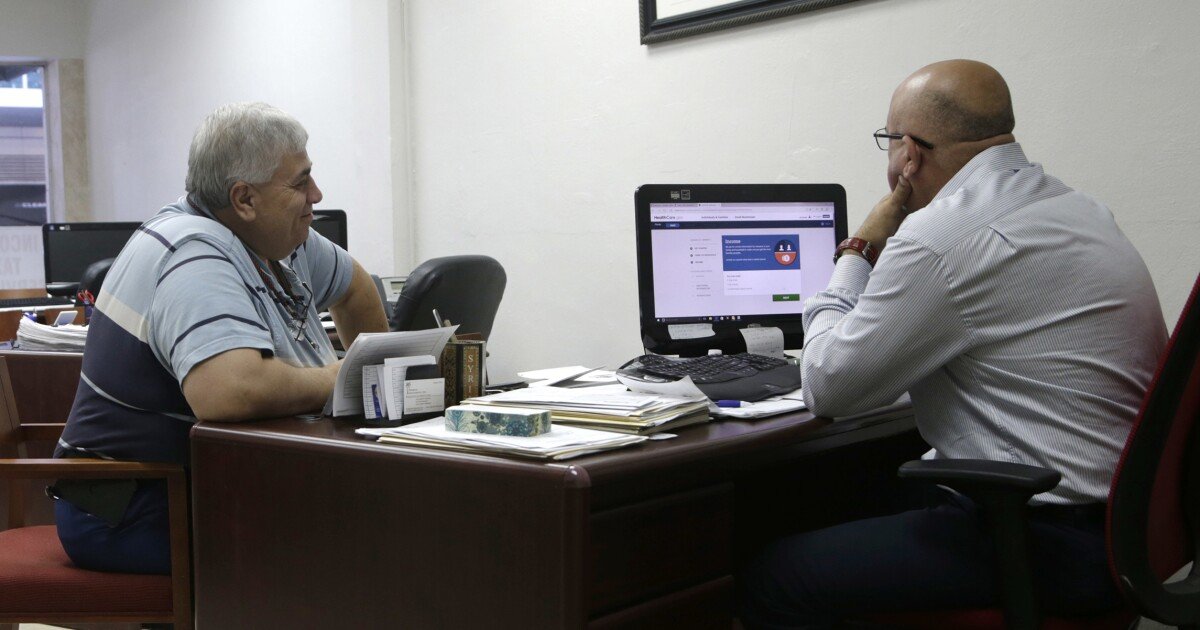Build Back Better's bad healthcare provisions – Washington Examiner
With Sen. Joe Manchin saying he won’t vote for the Build Back Better Act, at least in the bill’s current form, Democrats are scrambling to revise the bill.
Patients and taxpayers can only hope they fail. The bill is packed with disastrous healthcare policies.
For instance, Build Back Better would extend the exceedingly generous Obamacare subsidies that Congress approved earlier this year until 2025. Those tax credits, which are currently set to expire at the close of 2022, are a wasteful and inefficient use of taxpayer dollars. The plan caps what exchange shoppers pay for coverage at 8.5% of their income, regardless of how much they earn each year. As a result, some of the subsidies go to people making more than 400% of the federal poverty level — about $106,000 for a family of four. That family might not be rich, but $106,000 is hardly destitute!
Extending the tax credits would reduce the number of uninsured people by just 1.2 million at a cost of $74 billion. That’s an astonishing $62,000 per person price tag — more than three times the cost of the average annual family benchmark premium this year.
But Democrats won’t likely stop there. Though the extension would supposedly be temporary, Democrats have a clear desire to make the more generous subsidies permanent. Doing so would cost $220 billion, according to the Congressional Budget Office. Those taxpayer dollars wouldn’t meaningfully improve healthcare for patients. They’d simply obscure Obamacare’s flaws.
Nearly three-quarters of Obamacare plans have narrow provider networks, which limit a patient’s choice of doctors. Obamacare has also failed to make coverage more affordable. Average family benchmark premiums are nearly 90% higher this year than they were in 2014, when the federal exchanges first opened.
It’s no wonder it’ll take billions to make exchange coverage even remotely appealing to patients.
Build Back Better wouldn’t change Obamacare’s failures. It would be a government band-aid on a government problem. Lawmakers still have a chance to stop the bleeding — by nixing the healthcare provisions in the bill.
Sally C. Pipes is the president, CEO, and Thomas W. Smith fellow in health care policy at the Pacific Research Institute. Her latest book is False Premise, False Promise: The Disastrous Reality of Medicare for All (Encounter 2020). Follow her on Twitter @sallypipes.



